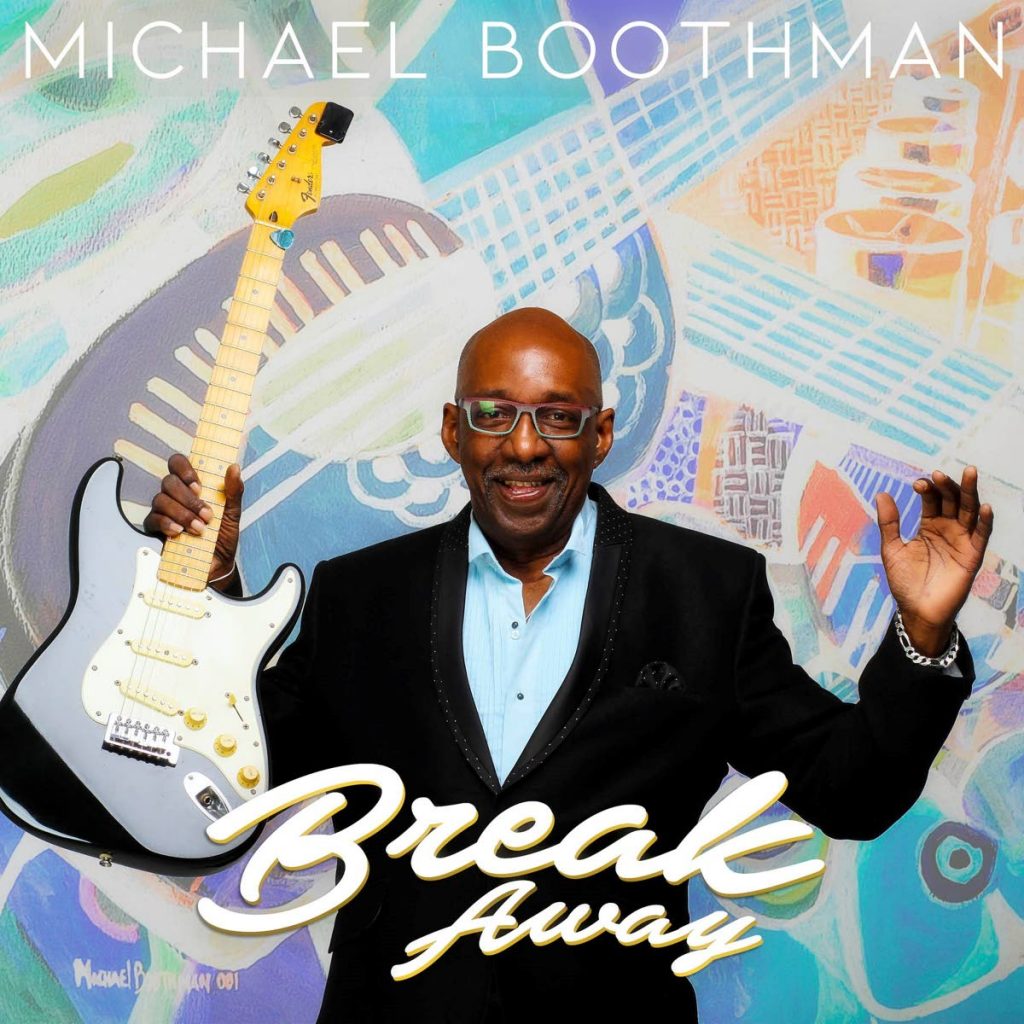More chip than breakaway

MARK LYNDERSAY
A review of Michael Boothman’s new EP, Breakaway.
THERE haven’t been nearly enough recordings of Michael Boothman’s work on the guitar. Almost four decades ago I wrote, rapt, about the release of Heaven, an album that was deeply in sync with the jazz I was listening to then from Creed and other mainstream producers.
On Breakaway, an almost painfully brief four-song EP, the guitarist eschews vocals entirely and plays to his strengths, tasteful guitar work laid over easy-listening rhythms.
When he told me about this release, the musician suggested that he had recorded much of it live in his studio, but he’s done so with a spartan line-up of musicians, opting to do much of the accompaniment himself, doubling on bass on all the songs and adding other instrumentation on specific ones. That kind of multitracking tends to push performers into a box of sorts, matching beats and melodies to build the final song.
It’s not surprising, then, that the three songs that are most successful on the release are the ones that sport the largest number of accompanying musicians, players who seem to have pushed the guitarist to respond to their playing in performing the work.
Indeed, the album is bookended by two fine additions to Boothman’s songbook. First is the earthy Geganga, which is urged on by pervasive keyboard work by Simone Mendoza and anchored by fulsome percussion by Ernesto Garcia.
Closing the recording is Break Away, which toys with a brass melody used regularly (and ultimately annoyingly) by the bands of the 1990s as a bridge between their continuous multi-song performances during the mercifully discontinued Brassorama competitions.
Boothman provides the massed brass refrain through synthesiser programming, but it’s Orville Roach’s trumpet solos over the song that encourage impressive fretwork from the guitarist leading the band.
On an album that clocks in at just 15 minutes and 32 seconds, both all-too-brief songs will probably flourish at greater length in a live performance setting, and Boothman should explore them at greater length with his band.
Boothman is sticking with his Kysofusion brand, though listeners will find that much of the album, with the exception of Break Away, draws more of its influences from Latin American rhythms, particularly on Fuse it Up, on which the guitarist generously gives prominence to the engaging playing of Mendoza.
More curious is the presence in the market of a recorded CD of local music of this length. It’s going to be important for Boothman to get this work into digital channels and to consider releasing his work more frequently there.
This is work that should be heard and, I keep feeling as I listen to the EP, heard in recordings captured in vibrant live environments where he can trade licks with his peers.


Comments
"More chip than breakaway"